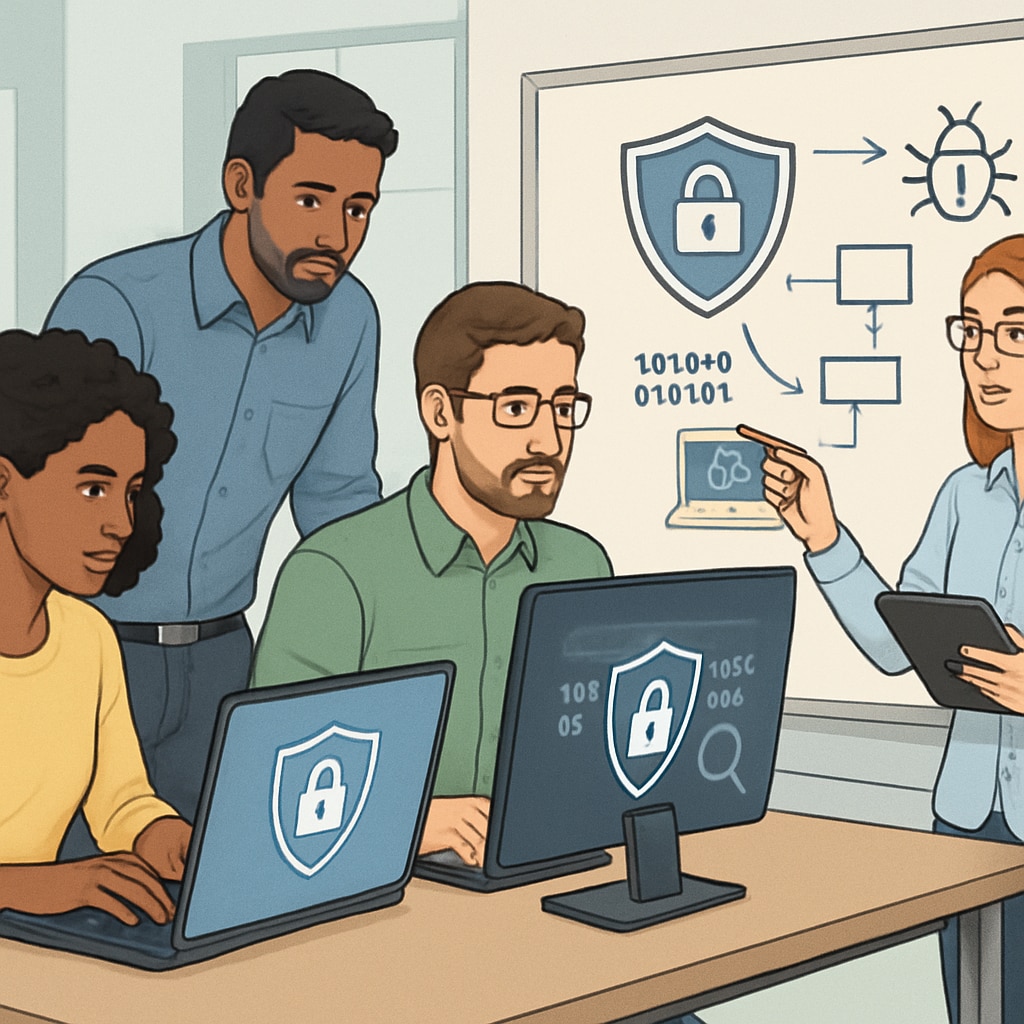In the cybersecurity field, the question often arises: does the reputation of your university significantly impact your job prospects? Graduates from institutions like UMGC (University of Maryland Global Campus) may worry about competing with alumni from prestigious universities. However, the truth is that in this rapidly evolving industry, skills, certifications, and hands-on experience often play a more critical role than where you earned your degree.

The Reality of Cybersecurity Hiring: Skills Over Prestige
While university reputation may open doors in some industries, cybersecurity is primarily skill-driven. Employers in this field prioritize candidates who demonstrate technical proficiency, problem-solving ability, and up-to-date knowledge over a degree from a top-tier school. According to a U.S. Bureau of Labor Statistics report, the demand for information security analysts is projected to grow by 35% between 2021 and 2031. This growth underscores the need for professionals with relevant expertise, regardless of their alma mater.
For example, certifications like CompTIA Security+, CISSP (Certified Information Systems Security Professional), and CEH (Certified Ethical Hacker) are highly valued in the cybersecurity job market. These credentials prove your ability to handle real-world security challenges, often carrying more weight than a university diploma. As a result, even graduates from non-elite institutions like UMGC can excel by acquiring these certifications.
Breaking Through Career Barriers: Strategies for Success
If you’re concerned about how your university’s reputation might affect your career, it’s crucial to focus on what you can control. Here are actionable steps to enhance your employability in cybersecurity:
- Earn Key Certifications: Invest in industry-recognized certifications, such as CompTIA Security+, CISSP, or AWS Certified Security.
- Build a Portfolio: Showcase your practical skills through projects, such as creating secure networks, conducting penetration tests, or developing cybersecurity tools.
- Gain Hands-On Experience: Participate in internships, volunteer for nonprofit organizations, or join cybersecurity competitions like Capture the Flag (CTF) events.
- Network Strategically: Attend industry conferences, join LinkedIn groups, and connect with professionals in the field to uncover opportunities.
- Stay Updated: Cybersecurity is a constantly changing field. Follow industry news, enroll in online courses, and stay informed about emerging threats and solutions.

UMGC Graduates: Overcoming the “Prestige Gap”
UMGC and similar institutions often cater to non-traditional students, such as working professionals or veterans, offering flexible and practical education. While these schools may lack the prestige of Ivy League institutions, their graduates can still thrive in cybersecurity by emphasizing their unique strengths. For instance, UMGC’s cybersecurity programs are designed with input from industry experts, ensuring that students gain relevant, real-world knowledge.
Moreover, many UMGC graduates bring diverse life experiences and transferable skills to the table, such as leadership, adaptability, and resilience. Highlighting these qualities during interviews can help you stand out from other candidates.
Conclusion: Building Your Cybersecurity Career
Ultimately, your university’s reputation is just one factor in your career journey—and often not the most important one in cybersecurity. Employers seek professionals who can demonstrate their ability to solve complex problems, secure systems, and adapt to an ever-evolving landscape. By focusing on certifications, practical experience, and networking, graduates from institutions like UMGC can confidently compete and succeed in the cybersecurity job market.
Remember, your career trajectory is in your hands. With the right skills, dedication, and mindset, you can overcome the so-called “prestige gap” and thrive in this exciting and rapidly growing field.
Readability guidance: Focus on short paragraphs, clear lists, and smooth transitions. Use active voice and ensure that technical terms are explained where necessary. Incorporate examples and external resources to enhance credibility.


